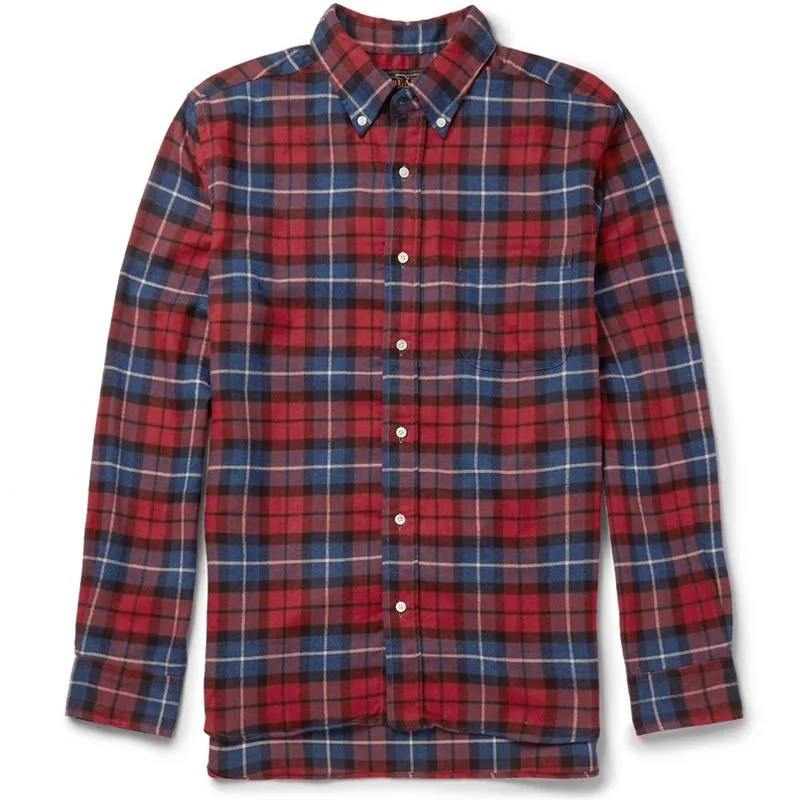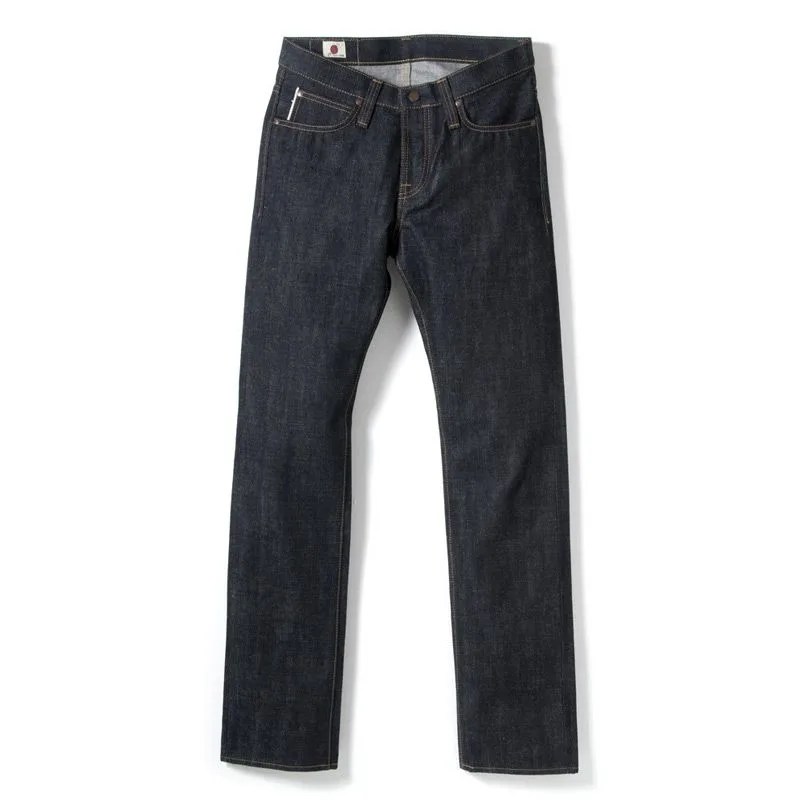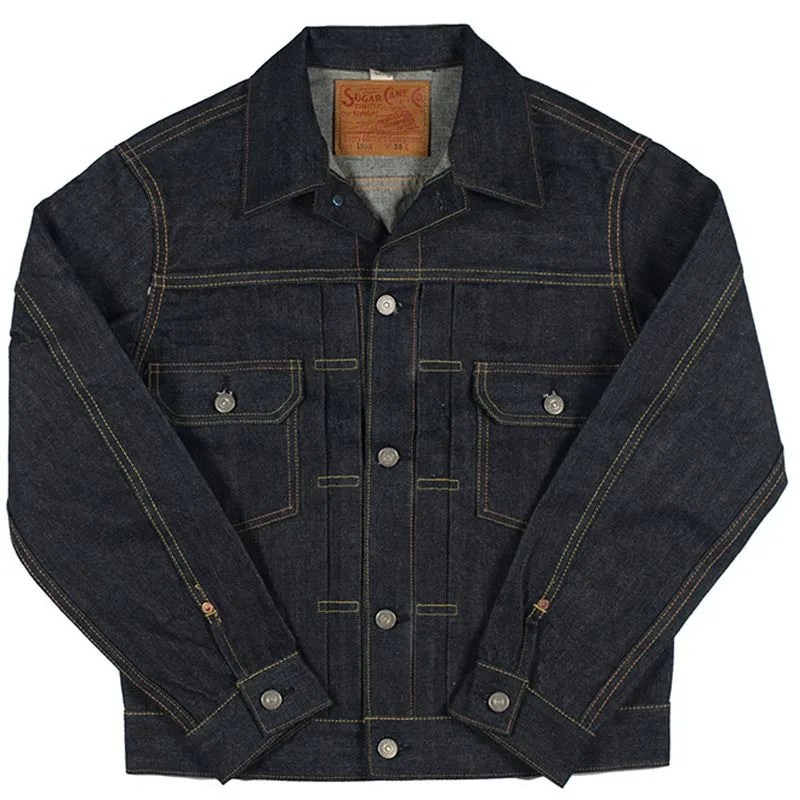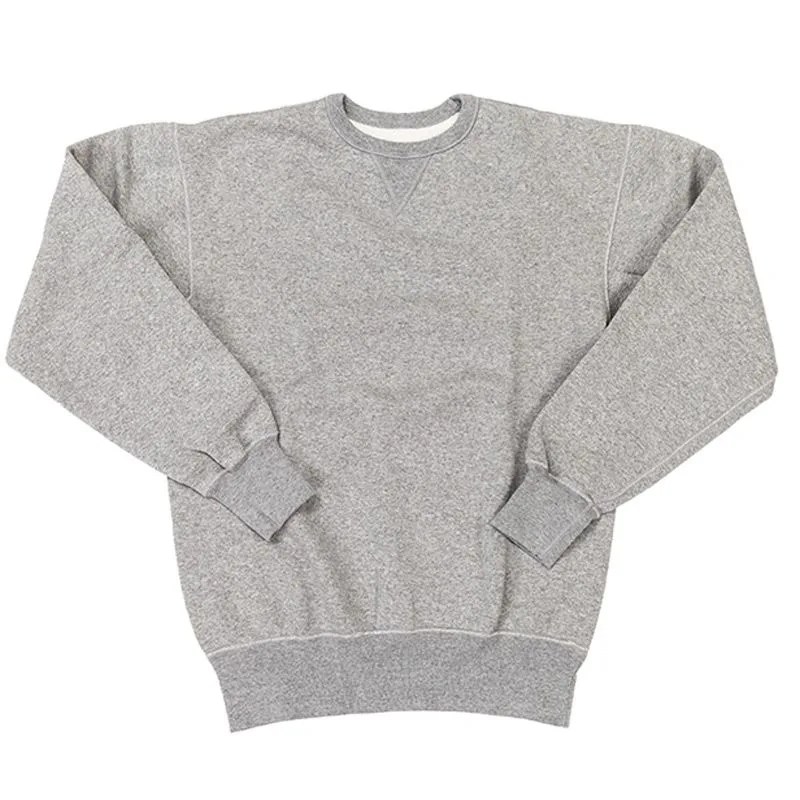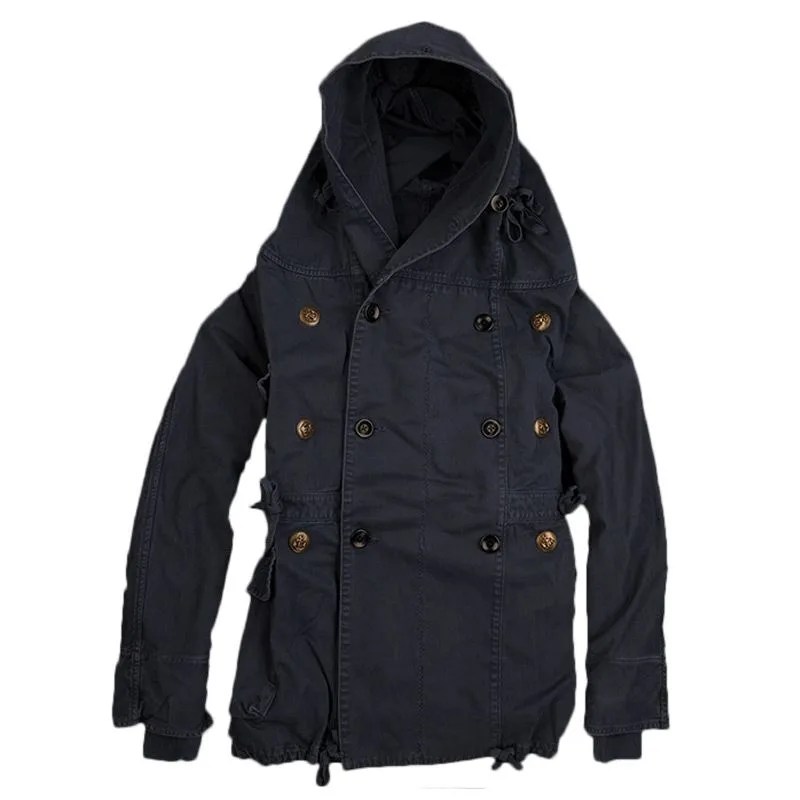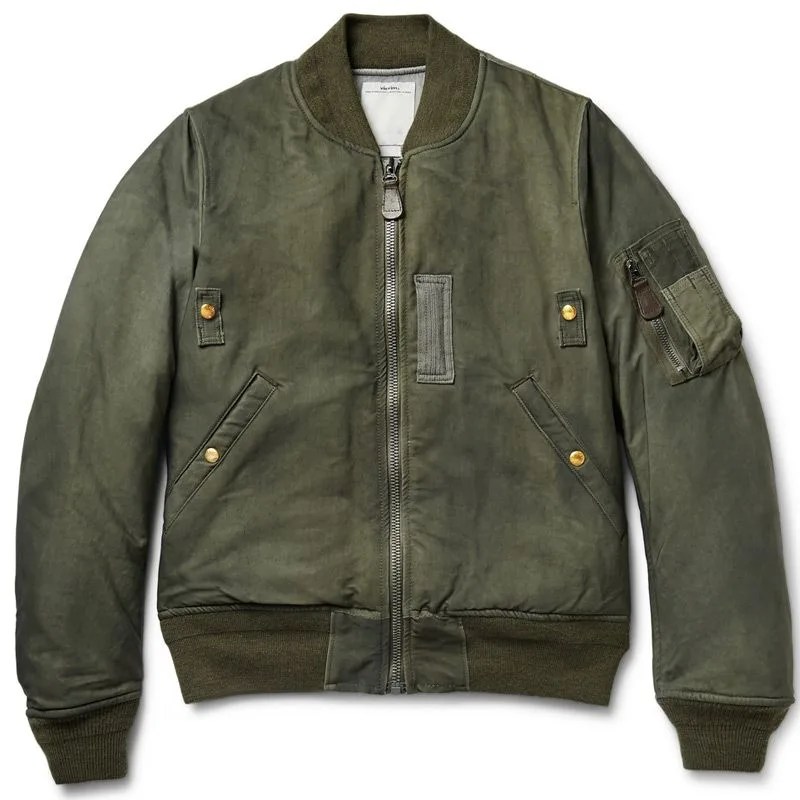In his latest book, “Ametora: How Japan Saved American Style,” W. David Marx makes the case that Japan is now the strongest authority on traditional American-styled clothing. Ametora — a Japanese slang word combining “American” and “traditional” — refers to the genre of Japanese clothing inspired by conventional mid-century American garments. It is, in Marx’s words, “rule-driven, studied, gender-normative, and high quality.” Through the book, the genre is traced by profiling specific key brands and the men behind them, starting after the second World War with Kensuke Ishizu of VAN, the godfather of the Ivy League fashion movement (e.g. button-down shirts, three-button blazers, crew-neck wool sweaters, non-pleated chinos).
Ishizu learned early on that magazines devoted to men’s fashion were an important piece of the fashion puzzle, and he saw them as worthwhile promotional tools for brands. At the time, Men’s Club trumpeted the rules and lifestyle of East Coast Ivy, while Popeyes took up the torch for the West Coast athletic look. With the rise of postwar materialism, trends quickly ebbed and flowed. From the 1960s to the ’70s, Marx notes, “Japan made a cyclical pilgrimage through American looks — from Ivy to hippie to outdoor Heavy Duty to Heavy Duty Ivy to California campus clothes, and back to East Coast style.”
Japan sets the global standard for luxurious fabrics, high-quality sewing, innovative production techniques and ingenuous treatments.
In those postwar years, America represented success, so the clothing styles present in America set the gold standard for how to dress in Japan, decades later. Collecting vintage Americana pieces became increasingly popular in style circles, and native Japanese clothing brands “copied towards innovation” — experimenting and learning what made certain clothing pieces work. The Japanese brands began producing their own versions of the product and eventually reinterpreting the garment for a new audience. In this, nothing was off limits: American military uniforms, college apparel, leather motorcycle jackets, mountaineering outerwear.
The success in the 1980s of Japanese avant-garde designers Rei Kawakubo of Comme Des Garçons and Yohji Yamamoto of his eponymous brand initiated a global recognition of Japanese style in the high-fashion world, which in turn led to the acceptance of domestic brands in Japan (Japanese consumers began to realize that authentic Made in the USA pieces were not necessarily better than what could be purchased at home). In the 1990s, brands like A Bathing Ape and Undercover cornered the streetwear market while Beams and United Arrows cultivated traditional staples, and in following years, a new wave of brands — led by 45rpm, Kapital and Visvim — took the traditional Americana model and openly blended it with traditional Japanese craftsmanship. According to Marx, with this new hybrid, “Japan sets the global standard for luxurious fabrics, high-quality sewing, innovative production techniques and ingenuous treatments.”
A thorough and fascinating examination of the growth of the American Traditional genre, Ametora is a must-read for anyone interested in the growth of brands and the dissemination of ideas. A play-by-play on one aspect of Japanese culture, the book sheds light on how many current fashion trends — from street style photographs to “How to Dress Better” guides in publications germinated in postwar Japan, and why the best version of that traditional button-down shirt you’ve been drooling over is actually made across the Pacific.

